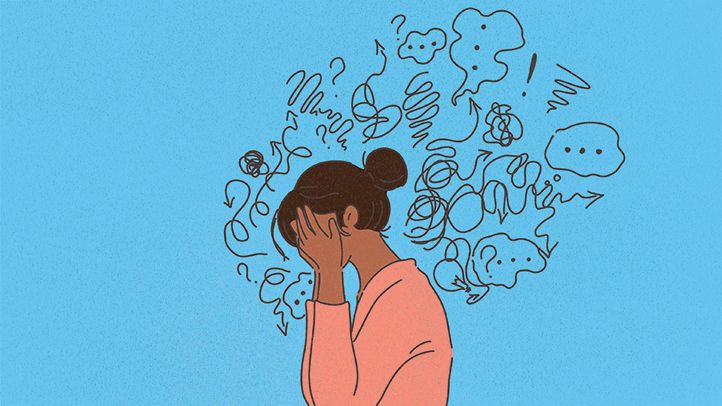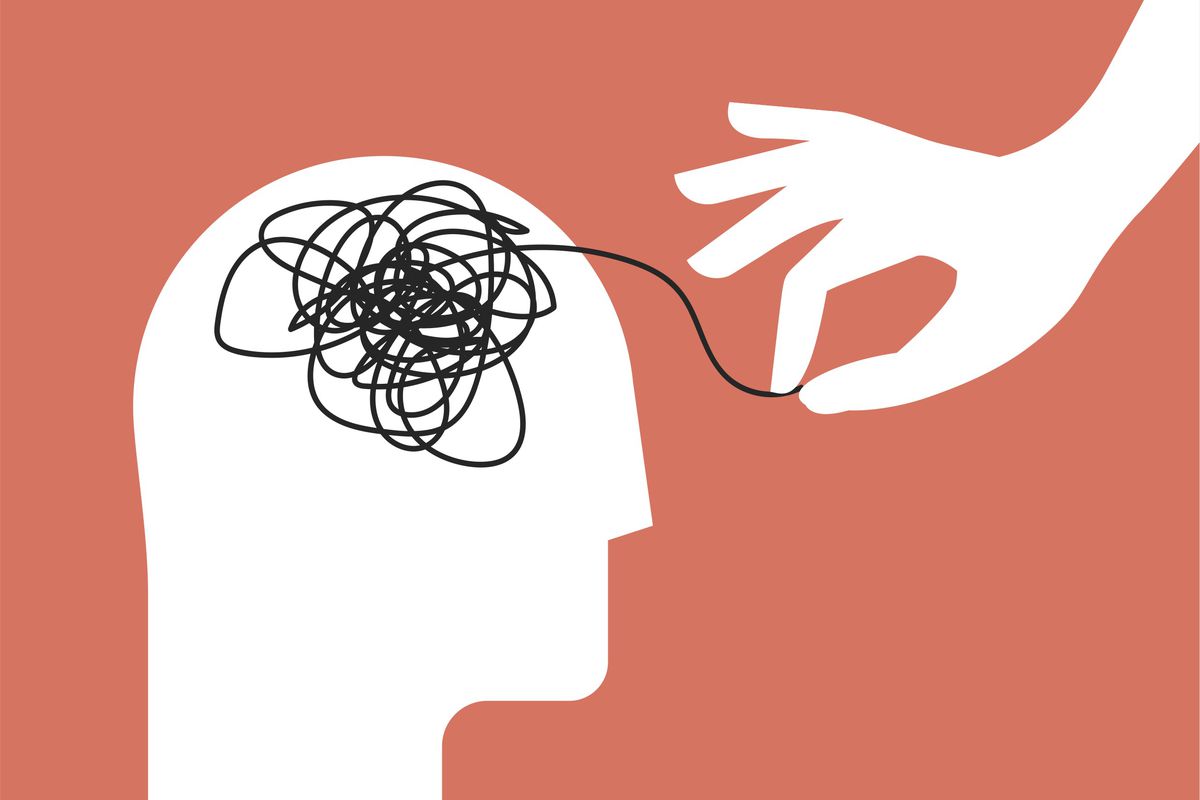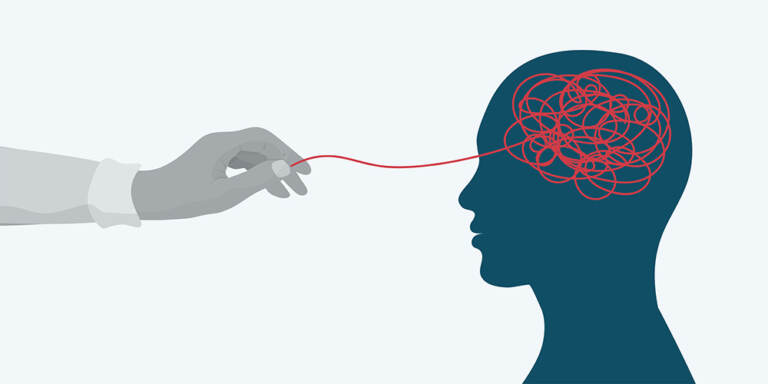Emergency therapy is a type of treatment that is used in emergencies. It is often used to treat people who have been injured or who are experiencing a medical emergency. Emergency therapy can be used to stabilize patients until they can get to a hospital for further care. Emergency therapy can be very helpful for people who are feeling suicidal, or who are in the middle of a psychotic break. In this blog post, we will discuss the types of therapy that are available, as well as the benefits and drawbacks of using this type of treatment.
Contents
What Is Emergency Therapy?
 Emergency therapy is a type of therapy that is provided in response to a crisis. It is typically short-term and focused on helping the individual cope with the immediate situation. Crisis counseling, which is a type of emergency therapy, can be conducted in person, over the phone, or online. Emergency therapy is not the same as long-term therapy, which is typically more focused on addressing underlying issues and resolving long-standing problems. While emergency therapy can be helpful in the short term, it is not intended to be a substitute for long-term treatment. This can also be a good option for people who are not able to engage in long-term therapy.
Emergency therapy is a type of therapy that is provided in response to a crisis. It is typically short-term and focused on helping the individual cope with the immediate situation. Crisis counseling, which is a type of emergency therapy, can be conducted in person, over the phone, or online. Emergency therapy is not the same as long-term therapy, which is typically more focused on addressing underlying issues and resolving long-standing problems. While emergency therapy can be helpful in the short term, it is not intended to be a substitute for long-term treatment. This can also be a good option for people who are not able to engage in long-term therapy.
When this therapy is done in response to a crisis, it is typically short-term. The focus is on helping the individual cope with the immediate situation. Crisis counseling can be conducted in person, over the phone, or online. This type of therapy is not the same as a long-term therapy. Long-term therapy typically focuses on addressing underlying issues and resolving long-standing problems. While this therapy can help in the short term, it should not be considered a substitute for long-term treatment. If you are not able to engage in long-term therapy, this may be a good option for you.
Emergency therapy can provide relief at the moment and can help people who are experiencing a crisis to cope in the short term. If you or someone you know requires this therapy, please reach out for help.
Signs That You Need Emergency Therapy

There are many signs that you need emergency therapy.
Suicidal Thoughts
When a person is having suicidal thoughts that are so severe that they are considering harming themselves, this is a sign that emergency therapy is needed. There can be many reasons why a person is having suicidal thoughts, and a therapist can help to figure out what those reasons are. If you or someone you know is having suicidal thoughts, it is important to seek professional help immediately.
Anxiety
Another sign that emergency therapy may be needed is if a person is experiencing anxiety that is so severe that it is interfering with their daily life. Anxiety can manifest itself in many different ways, such as panic attacks, fear of social situations, and difficulty concentrating. These signs can also help to indicate that a person is struggling with anxiety. This help can also be provided through emergency therapy.
Depression
When a person is feeling depressed to the point where they cannot enjoy any activities, this may be a sign that emergency therapy is needed. Depression can sometimes make people feel like they are in a dark place and there is no way out. A therapist can help to provide relief from these feelings and start to show the person that there is hope. If you or someone you know is feeling depressed, it is important to seek professional help right away.
Substance Abuse
Emergency therapy is one option that can provide immediate help for those struggling with substance abuse. If you or someone you know needs emergency therapy, here are some things to keep in mind. There can be many reasons why someone might need emergency therapy. Maybe they’ve been using substances for a long time and their body can’t handle it anymore. Or maybe they’ve just started using substances and are already experiencing serious consequences, such as overdoses or accidents.
Physical Ailments
Physical ailments are something that emergency therapy can help with as well. If you’re struggling with a physical ailment and you’re using substances to try and cope, emergency therapy can provide you with the support that you need to get your life back on track. There are also many different types of emergency therapy, so it’s important to find the right one for you.
Types of Emergency Therapy

There are many types of emergency therapy, but the most common are:
Cognitive-Behavioral Therapy
This type of therapy helps people manage their anxiety by changing the way they think and behave. This therapy also helps in conjunction with medication. It can also have a long-term effect on people’s lives. There can also be one-time sessions or sessions that last for a longer period. It can also be used in conjunction with other types of therapy.
Dialectical Behavior Therapy
This type of therapy is similar to cognitive-behavioral therapy, but it also includes mindfulness and acceptance. This type of therapy can be helpful for people who are struggling with substance abuse and mental health issues. It can also be used in conjunction with other types of therapy.
Interpersonal Therapy
This type of therapy helps people improve their relationships with others. It can also help people learn how to communicate better and how to deal with conflict. This type of therapy can be helpful for people who are struggling with substance abuse and mental health issues. It can also be used in conjunction with other types of therapy.
Family Therapy
This type of therapy helps families improve their communication and relationships. It can also help families deal with difficult issues, such as addiction. This type of therapy can be helpful for people who are struggling with substance abuse and mental health issues. It can also be used in conjunction with other types of therapy. There can also be one-time sessions or sessions that last for a longer period.
Sessions of Emergency Therapy

The sessions of Emergency Therapy are intense and last for a very short period, usually around three weeks. The focus is on providing relief from the current emergency.
Each session also helps in exploring the root cause of the emergency and how to prevent it from happening again in the future. These sessions usually last for about three hours per day and five days a week.
The therapist will work with you to develop a plan that is tailored specifically for your needs. The goal of this therapy is to help you get back on your feet as soon as possible.
Different Techniques of Emergency Therapy

There are many different techniques of this therapy, but some of the most common ones include:
Art Therapy
Art therapy is something that has been used for many years to help people deal with different types of emergencies. This type of therapy uses art as a way to express what is going on inside of you. Many different art projects can be used in therapy, and each one is designed to help you cope with an emergency.
Music Therapy
Music therapy is another type of therapy that is helpful in emergencies. This type of therapy uses music to help people express their feelings and emotions. It can also be used to calm down or energize people depending on what they need. There can be a lot of healing that takes place through music therapy, and it can be a very helpful tool in emergencies. It also helps people to connect with others who may be going through similar situations.
Benefits of Emergency Therapy

There are many benefits of this therapy. Some of these are:
Helps In Mental And Emotional Stability
Emergency therapy can help in maintaining mental and emotional stability during tough times. It can provide support to people who are dealing with difficult situations. It can also make people feel better about themselves. Sometimes some people feel too overwhelmed by their emotions and they need someone to talk to.
Aides In Relaxation
Emergency therapy can also help people relax. When people are under a lot of stress, they tend to tense up their muscles. This can lead to headaches, backaches, and other problems. This therapy can help people relax their muscles and relieve some of the tension that they are feeling.
Reduces Anxiety And Depression
Emergency therapy can also reduce anxiety and depression. People who are dealing with difficult situations often feel anxious and depressed. This therapy can help them deal with their feelings more constructively. It can also provide support to people who are struggling with mental health issues.
Increases Self-Esteem
This therapy can also increase self-esteem. People who are struggling with difficult situations often feel down about themselves. They may feel like they are not good enough or that they cannot handle the situation. Emergency therapy can help people to see themselves in a more positive light. It can give them the strength and courage to face their problems head-on.
Builds Coping Skills
Emergency therapy can also help in building coping skills. It can teach people how to deal with difficult situations in a more effective way. This can also help them learn how to manage their emotions better. It also makes people more resilient and helps them to bounce back from setbacks.
Reduces Stress Levels
Emergency therapy can also help in reducing stress levels. It can provide a sense of relief to people who are dealing with stressful situations. It can also help them relax and feel more comfortable. This can also make the situation more manageable for people who are struggling with it.
Limitations of Emergency Therapy

There are many limitations of emergency therapy. One of the most significant limitations is that emergency therapy cannot help to address chronic problems. Some of these are:
Expensive
This type of therapy is very expensive. If you do not have insurance, it can be cost-prohibitive. There can be many fees associated with emergency therapy, including the cost of the initial evaluation, follow-up visits, and medication. Sometimes there can be hidden costs, such as transportation or child care.
Inconvenient
Emergency therapy is also very inconvenient. You may have to travel to a different city or state to get the help you need. This can be difficult if you have a job or family commitments. There can also be security or other barriers. It can also help to have a support system in place to help you through this time.
Short-Term
Emergency therapy is only short-term. It can help you address the immediate problem, but it does not provide long-term solutions. If you are looking for long-term care, emergency therapy is not the right option for you.
Only Addresses Symptoms
This therapy only addresses symptoms and does not get to the root of the problem. This means that it may be ineffective in the long run. You may need to seek other forms of treatment after completing emergency therapy.
Conclusion
Emergency therapy is something that you can turn to when you feel like you’re in over your head. It can help you get through tough times, and it can also help you learn more about yourself. If you think that this therapy might be right for you, don’t hesitate to reach out to a professional. They can help you figure out what’s best for your situation. You can also contact us for more information on these topics.
A Word From Therapy Mantra
Your mental health — Your psychological, emotional, and social well-being — has an impact on every aspect of your life. Positive mental health essentially allows you to effectively deal with life’s everyday challenges.
At TherapyMantra, we have a team of therapists who provide affordable online therapy to assist you with issues such as depression, anxiety, stress, workplace Issues, addiction, relationship, OCD, LGBTQ, and PTSD. You can book a free therapy or download our free Android or iOS app.


